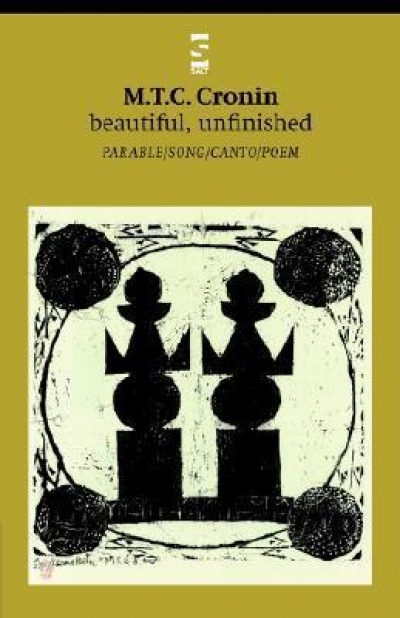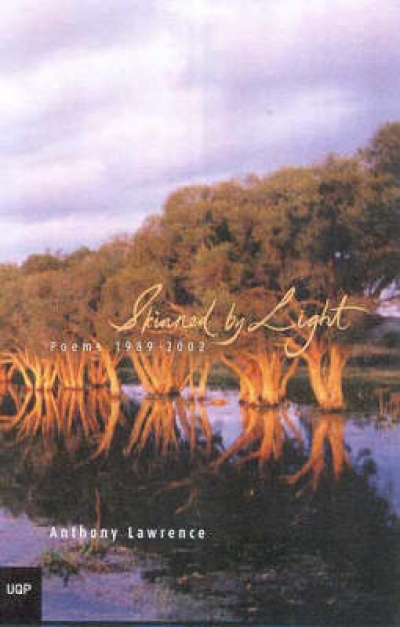Poems
In the Year of Our Lord Slaughter’s Children by Philip Hammial & Home Town Burial by Martin R. Johnson
by Oliver Dennis •
The Mother Workshops and Other Poems by Jeri Kroll & Shadows at the Gate by Robyn Rowland
by Lisa Gorton •
A Tasmanian Paradise Lost by Graeme Hetherington & Other Gravities by Kevin Gillam
by Brian Edwards •
A stable of silver
was our sacred skite.
It’s the poor in us
my father said; we are ill
with going without
even when we gain
a stable of silver.
‘Bring the guests this way, son.’
That’s Oreka from his Hotham
rout. That’s Ima Martian from
leading all the way.
Sliding the glass, the mirror skins
of trophies warped us round.
Decanters and their goblets of young
buckled the face of a bender-down.
Trays and teapots like models
for a meal, never used,
hardly touched except by my mother
when champagne washed the plum
from her mouth and improved her swearing.
China was not a country,
it was a cup and saucer place
in there at arm’s length from the world,
her arm’s length, turning over a dish
to show her Wedgwood or Doulton tattoos.







